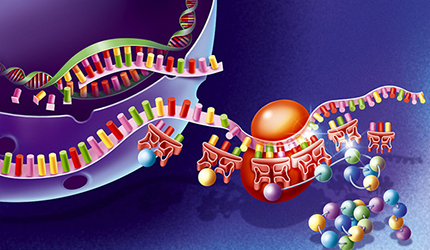
25-year plan will tap brain-mapping prowess in two dozen countries to visualize the organ in unprecedented detail
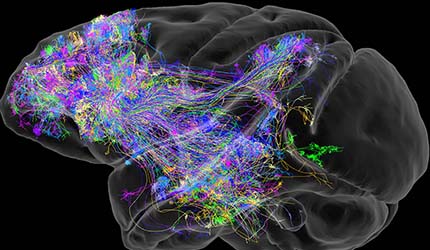
The team behind the research, Zhen Liu and his colleagues, started with embryonic stem cells originally taken from macaque monkey embryos. These cells have been grown in labs for multiple generations and, given the right conditions, have the potential to develop into pretty much any type of body cell, including those that make up organs, blood, and nervous system.
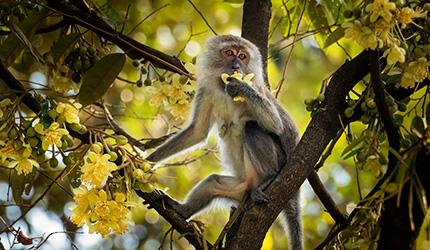
Zhen Liu and his colleagues turned to cynomolgus monkeys (Macaca fascicularis), otherwise known as crab-eating macaques, which are commonly used as lab animals because they have some biological similarities with humans. In cell culture, the researchers exposed monkey embryonic stem cells to various growth factors so they would differentiate into cell types found in natural blastocysts.
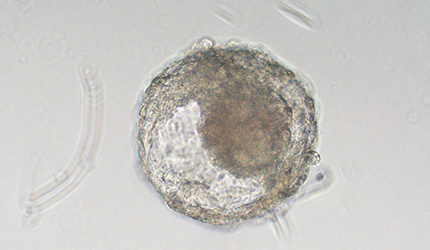
Researchers in China grew this embryolike ball of cells, known as a blastoid, from monkey embryonic stem cells. The researchers were the first to produce monkey blastoids, which could serve as good models of early human development.ZHEN LIU
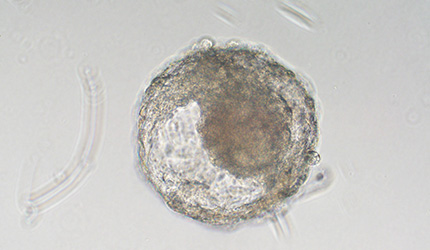
A joint research team led by Dr. LIU Jingyu and Dr. ZHU Shujia from the CEBSIT, has revealed that missense mutations in PiT2-loop7 cause inorganic phosphate (Pi) dyshomeostasis by affecting the phosphorylation-regulated cell-surface localization of PiT2, which finally leads to primary familial brain calcification (PFBC).
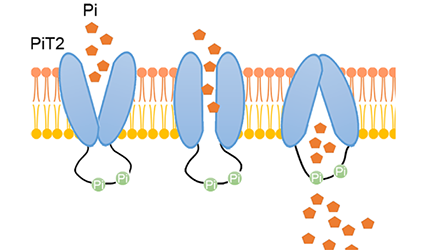
A joint research team led by Dr. XU Huatai from the CEBSIT, has demonstrated the unique design of the neural microcircuit in the ventromedial hypothalamus (VMH).
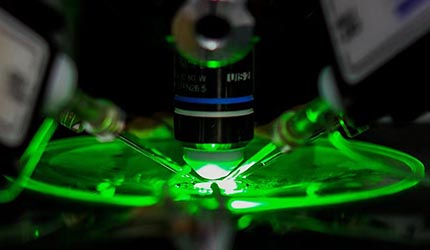
Chinese researchers have reconstructed the whole-brain projection atlas of 6,357 single neurons in the prefrontal cortex of a mouse brain and established the world's largest database for mouse single-neuron projectome.
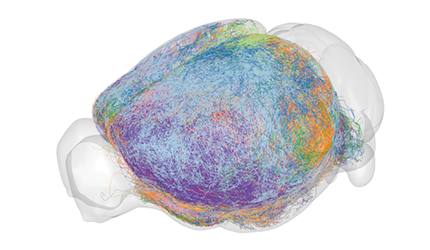
Shanghai scientists have found in lab tests that a novel gene editing approach could for the first time regenerate retinal ganglion cells and therefore restore sight of mice that suffer from permanent visual impairment.
